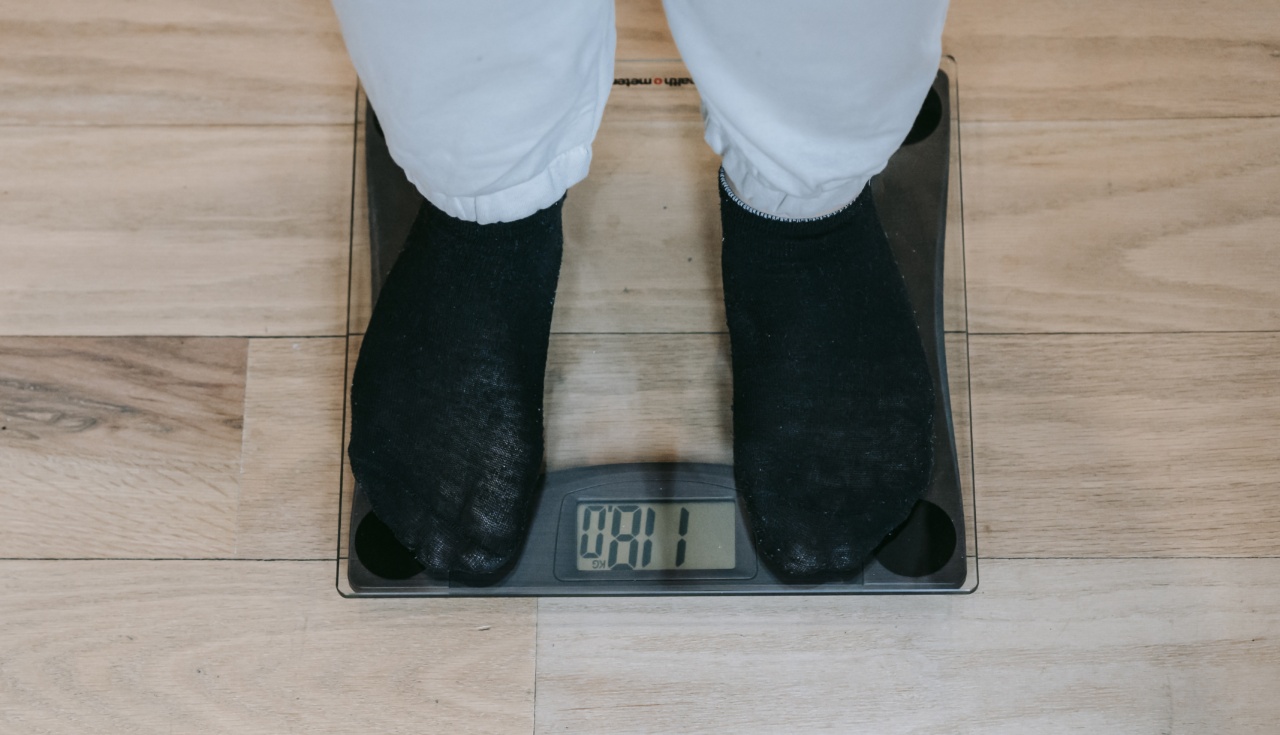Dioxins are toxic chemical compounds that can cause severe health issues, including cancer, immune system dysfunction, hormone disruption, fertility problems, and more.
They are mainly produced through industrial processes, such as waste incineration, pesticide manufacturing, paper bleaching, and other chemical processes.
What are dioxins?
Dioxins are a group of chemical compounds that are highly toxic to humans and animals.
They belong to the family of persistent organic pollutants (POPs), which means that they remain in the environment for a long time and can accumulate in the food chain, leading to potential health hazards.
How do we get exposed to dioxins?
It is important to understand that dioxins are present in our environment and can enter our body through various pathways, including:.
- Inhalation of contaminated air
- Ingestion of contaminated food such as meat, dairy products, fish, and eggs
- Skin contact with contaminated soil or water
Why are dioxins harmful?
Dioxins are harmful because of their toxic effects on the body. They can disrupt hormonal systems, damage the immune system, and cause various health problems such as:.
- Cancer
- Developmental and reproductive problems
- Endocrine disruption
- Immune system dysfunction
- Neurological problems
- Respiratory problems
What effect do dioxins have on nutrition?
Dioxins can also affect nutrition by interfering with the body’s ability to absorb and use certain nutrients. For example, they can interfere with the absorption of calcium, phosphorus, and vitamin D, which are important for bone health.
They can also interfere with the metabolism of fatty acids, which are essential for brain function and heart health.
How can we reduce exposure to dioxins?
It is not possible to completely eliminate dioxins from our environment, but there are several measures we can take to reduce our exposure:.
- Choose organic and locally grown produce, which are less likely to have been exposed to dioxins.
- Eat a variety of foods, including fruits, vegetables, whole grains, and lean protein sources to get a range of nutrients and reduce dependence on any one food source.
- Rinse fruits and vegetables thoroughly before eating to remove any residual pesticide residue.
- Use glass, stainless steel, or ceramic cookware instead of nonstick or Teflon-coated cookware, which can release toxic fumes when heated.
The bottom line
Dioxins are toxic chemicals that can have a detrimental impact on our health and nutrition. While it is virtually impossible to avoid exposure completely, we can take simple steps to reduce our exposure and lead a healthier life.































